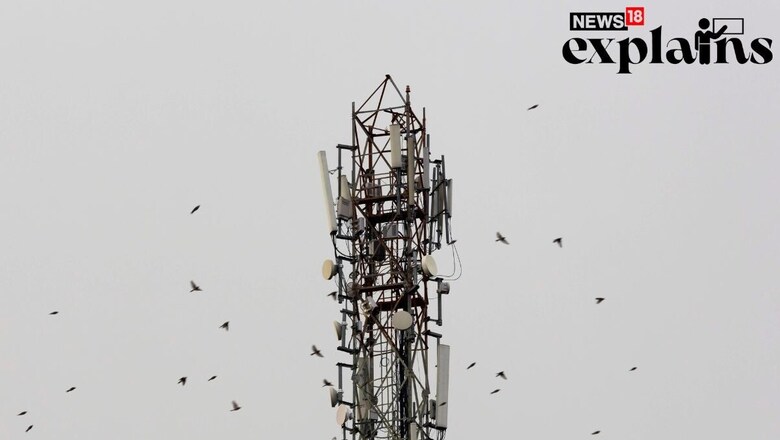
views
The government on Monday (December 18) tabled the draft of the Indian Telecommunications Bill, 2023 to create a legal and regulatory framework for safe telecom network in the country.
The proposed Bill seeks to replace the existing regulatory framework for the telecommunication sector, based on the Indian Telegraph Act, 1885, the Wireless Telegraphy Act (1933), and the Telegraph Wires (Unlawful Possession) Act (1950).
The Telecom Bill has a dual commitment: safeguarding user interests and fostering innovation. One of its primary focal is the combat against the escalating threat of fraudulent calls originating from international numbers.
Here are some of the features of the Telecommunications Bill 2023:
Govt to Take Control During Public Emergency
The new telecom bill allows the government to temporarily take control of telecom services in case of any public emergency or in the interest of public safety. The bill proposes to stop transmission and intercept messages in case of public emergency, in the interest of the public, to prevent incitement for committing offence etc.
Powers of interception and search
The messages or a class of messages between two or more persons may be intercepted, monitored, or blocked on certain grounds. Such actions will be taken in the interest of public safety or public emergency including security of the state, prevention of incitement of offences, or public order.
What it Means for WhatsApp, Telegram
While the bill defines transmission of messages through wire or wireless technologies as telecommunication, official sources said the definition is as per the old Act.
Therefore, the bill has removed over-the-top (OTT) players from the definition of telecommunications, giving relief to players like WhatsApp, Singal, Telegram, Google Meet etc while earmarking the non-auction route to allocate spectrum for services like satellite communications and backhaul.
Safeguard Against Spam Calls
Under the telecom bill, the registration of “Do Not Disturb” (DND) will get a legal mandate. The move is aimed at guarding consumers against spam or unsolicited commercial messages and calls. Firms that violate the norms by making such communications, despite the user not granting his consent, would be liable for a penalty of Rs 50,000, which can later go up to Rs 2 lakh for each subsequent violation.



















Comments
0 comment